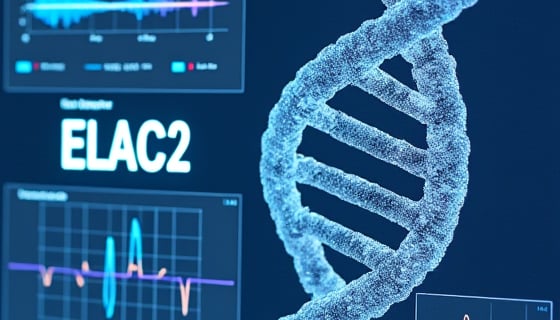Combined Oxidative Phosphorylation Deficiency Type 17
Combined oxidative phosphorylation deficiency type 17 (COXPD17) is a serious genetic disorder affecting mitochondrial function. Caused by mutations in both alleles of the ELAC2 gene, it leads to deadly multisystem disorders with no current treatment options. Read more about this disease.
COXPD17
5/8/20241 min read


ELAC2 is the gene encoding RNase Z, an enzyme playing an essential role in tRNA maturation. When RNase Z does not fulfill its function, tRNA cannot be charged with amino acids, thus being unable to supply the building blocks of proteins to ribosomes (the protein assembly machinery running the translation from mRNA to peptide chains). The consequence is an impairment of protein synthesis in all body cells, both in the cytoplasm and mitochondria.
A prominent effect, after which the disease is named, is the impairment of several complexes of the mitochondrial electron transport system a.k.a. respiratory chain, leading to insufficient energy (ATP) production.
While all cells are affected by the disease, energy intensive tissues like heart, central nervous system and skeletal muscle suffer the most severe consequences. Very frequent symptoms are hypertrophic cardiomyopathy, developmental delay, psychomotor retardation and hypotonia. A plethora of additional symptoms may occur. Typically, patients die before reaching adulthood.